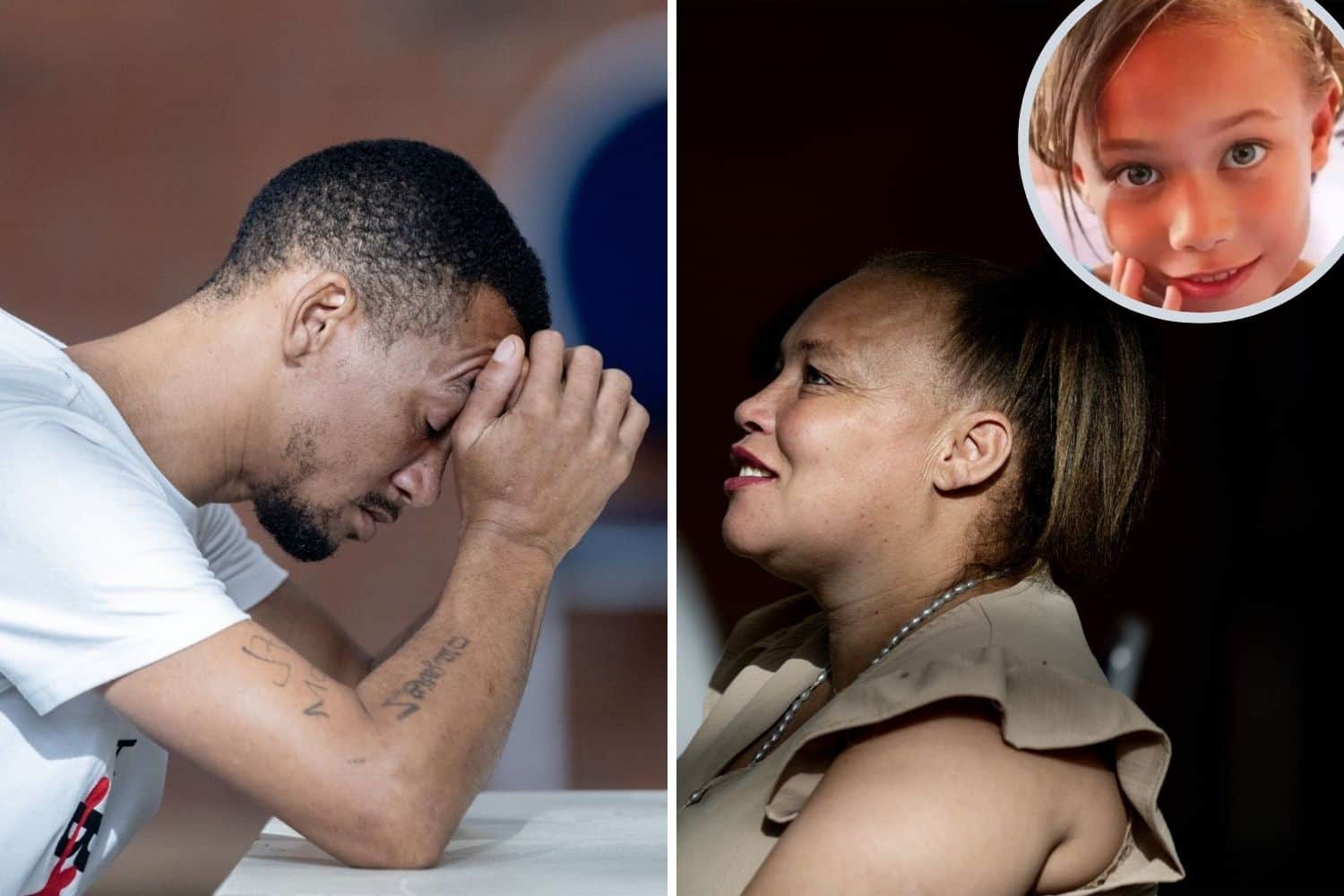Joshlin Smith Trial: Prosecutors Prepare Closing Arguments

Table of Contents
Key Evidence the Prosecution is Expected to Highlight
This section details the crucial pieces of evidence presented by the prosecution during the Joshlin Smith trial and analyzes their significance and potential impact on the jury. The prosecution will aim to present a compelling narrative linking the defendant to the crime.
-
Forensic Evidence: The prosecution is likely to emphasize forensic evidence, such as DNA found at the crime scene, fingerprints on crucial objects, and any other scientific evidence linking Joshlin Smith to the alleged crime. The strength of this evidence, and the expertise of the forensic scientists who analyzed it, will be critical. The chain of custody for this evidence will also be crucial to its admissibility and impact on the jury.
-
Witness Testimonies: Several witness testimonies were presented during the trial. The prosecution will likely highlight the most credible testimonies, emphasizing any corroborating evidence that supports their accounts. Inconsistencies in the defense's witness accounts will also be brought to light. The credibility of witnesses will be rigorously assessed, highlighting any potential biases or motivations for providing false information.
-
Physical Evidence: The prosecution will likely present physical evidence, including any weapons used, documents relevant to the case, or other objects found at the crime scene. The presentation of this evidence will be crucial in supporting the prosecution's narrative and establishing a timeline of events.
-
Expert Witness Testimony: Expert witnesses, such as forensic pathologists or ballistics experts, played a vital role in the trial. The prosecution will rely on their expert analyses to bolster their case. The clarity and credibility of their testimony will be highly influential on the jury.
-
Timeline Reconstruction: The prosecution will likely present a detailed reconstruction of the events, using the collected evidence to create a timeline that supports their case and links Joshlin Smith to the crime. Any gaps in this timeline are likely to be points of attack by the defense.
Expected Defense Strategies in Response to Closing Arguments
This section predicts how the defense might respond to the prosecution's closing arguments in the Joshlin Smith trial. We'll examine potential counter-arguments and strategies employed by the defense team. The defense's goal will be to cast reasonable doubt on the prosecution's case.
-
Challenging the Prosecution's Evidence: The defense will likely challenge the prosecution's evidence, pointing out any weaknesses, inconsistencies, or flaws in their presentation. This could involve questioning the reliability of forensic evidence, the credibility of witnesses, or the chain of custody of physical evidence.
-
Alternative Explanations: The defense may present alternative explanations for the evidence presented by the prosecution, offering alternative theories of the case that do not implicate Joshlin Smith.
-
Emphasis on Reasonable Doubt: The defense will undoubtedly emphasize the principle of "reasonable doubt," highlighting that the burden of proof rests entirely on the prosecution. They will aim to convince the jury that there is not enough evidence to prove guilt beyond a reasonable doubt.
-
Witness Credibility Challenges: The defense will likely challenge the credibility of prosecution witnesses, pointing out any potential biases, inconsistencies in their testimonies, or motives for lying.
-
Rebuttal Evidence (if permissible): Depending on the rules of the court, the defense might introduce new evidence during their rebuttal, aiming to counter the prosecution's closing arguments.
The Importance of Closing Arguments in Shaping the Jury's Verdict
Closing arguments play a significant role in influencing the jury's decision-making process in the Joshlin Smith trial. The persuasive power of these final statements can significantly impact the outcome.
-
Emotional Appeal and Rhetoric: Both the prosecution and defense will employ emotional appeals and rhetorical strategies to influence the jury. The use of powerful language and storytelling techniques can sway the jury's perception of the defendant and the events.
-
Narrative Construction: Each side will present a compelling narrative, aiming to shape the jury's understanding of the case and influence their interpretation of the evidence.
-
Jury Biases and Beliefs: Pre-existing biases and beliefs of the jurors might influence how they perceive the arguments and evidence presented. The lawyers' strategies will need to consider this potential impact.
-
The Judge's Role: The judge plays a critical role in ensuring fair legal proceedings, guiding the jury on the law, and providing instructions on how to deliberate.
-
Past Case Analysis: The strategies employed in this trial can be compared to similar cases, analyzing the impact of similar closing arguments and their outcomes to predict potential results.
Potential Verdict Outcomes and Their Implications
The potential outcomes of the Joshlin Smith trial, based on the anticipated closing arguments, include:
-
Guilty Verdict: A guilty verdict would lead to sentencing, the severity of which will depend on the specific charges and relevant aggravating or mitigating circumstances.
-
Not Guilty Verdict: A not guilty verdict would result in the acquittal of Joshlin Smith, meaning they would be released from custody.
-
Societal Implications: Regardless of the outcome, the trial will have broader societal implications, impacting public perception of the justice system and influencing future legal debates.
Conclusion
The Joshlin Smith trial's closing arguments represent a critical juncture, potentially shaping the jury's perception of the presented evidence and ultimately determining the verdict. Both the prosecution and defense will employ persuasive strategies to sway the jury. Understanding the key arguments and evidence presented is crucial in following this high-profile case. Stay tuned for updates on the Joshlin Smith trial and further analysis of the closing arguments and their impact. Follow us for continued coverage of the Joshlin Smith trial and related legal proceedings.

Featured Posts
-
 Drie Autos Botsen Op A67 Dodelijke Slachtoffer Uit Venlo Bij Grashoek
May 29, 2025
Drie Autos Botsen Op A67 Dodelijke Slachtoffer Uit Venlo Bij Grashoek
May 29, 2025 -
 Prakiraan Cuaca Akurat Kaltim Ikn Balikpapan Samarinda
May 29, 2025
Prakiraan Cuaca Akurat Kaltim Ikn Balikpapan Samarinda
May 29, 2025 -
 Norwalk Spring Sports Update April 22nd 25th
May 29, 2025
Norwalk Spring Sports Update April 22nd 25th
May 29, 2025 -
 Nyhetsvarsel Oslo Stor Brann Odelegger Fire Bater
May 29, 2025
Nyhetsvarsel Oslo Stor Brann Odelegger Fire Bater
May 29, 2025 -
 Manchester United Eye Liverpools Confirmed Transfer Target
May 29, 2025
Manchester United Eye Liverpools Confirmed Transfer Target
May 29, 2025
